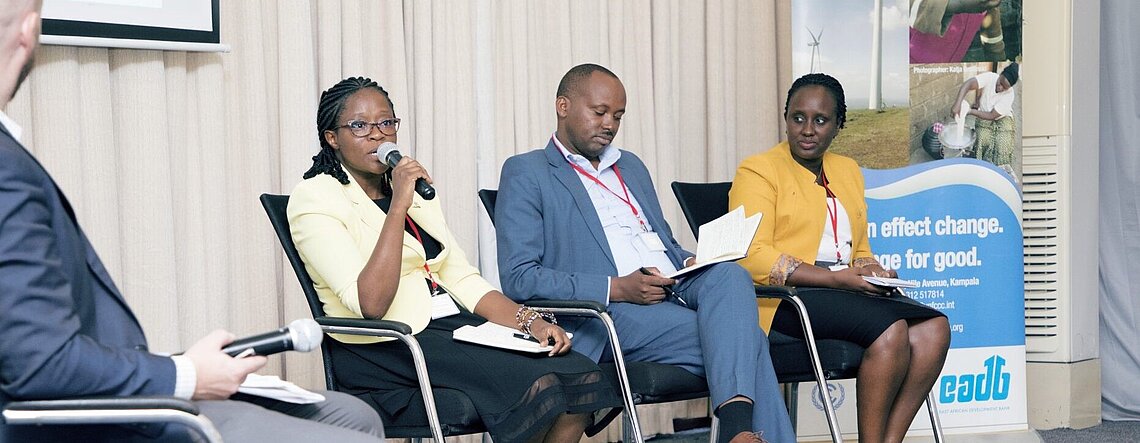New report and negotiation handbook
June 2021 - Use of Article 6 requires that participating countries have significant national-level capacities that go way beyond those required under the Clean Development Mechanism (CDM). A recently published study provides an overview of how the countries belonging to the East Africa Alliance on Carbon Markets and Climate Finance (EAA) are improving their institutional capacities for activities under Article 6. The report summarises the findings of case studies conducted on all seven EAA members – Burundi, Ethiopia, Kenya, Rwanda, Sudan, Tanzania and Uganda – which analyse both the current situation in those countries as well as their respective capacity-building needs.
Although all EEA member countries have expressed great interest in participating in the mechanisms under Article 6, none have developed clear modalities, guidelines and operational procedures for the approval of internationally transferred mitigation outcomes (ITMOs). For example, none of the EEA member countries have a national registry in which domestic mitigation activities are documented and monitored, nor have they designated responsible national institutions which can officially approve Article 6 pilots and authorise the transfer of ITMOs. The report therefore recommends empowering these countries effectively engage in activities under Article 6.
Assisting Eastern African countries in their Article 6 negotiations is the main aim of yet another publication. With support from Perspectives and Carbon Africa, the Article 6 Negotiations Handbook for Eastern Africa was developed as part of the Federal Ministry for the Environment (BMU) projects “Global Carbon Market Uganda” and “East Africa Alliance on Carbon Markets and Climate Finance” (EEA). The aim of the handbook is to aid understanding of Article 6 negotiation topics by providing comprehensive, but simplified information. The Handbook was also designed to improve regional knowledge of the negotiation terminology needed to draft texts and participate in the climate change talks. It will assist East African negotiation leaders in developing their contribution to the rules and guidance on Article 6, while also taking account of regional priorities and conditions. The Handbook also sets out the key negotiation issues that need to be addressed and resolved in finalising the rules on Article 6 at COP26 in Glasgow.
These and other documents can be downloaded from the website of the Eastern Africa Alliance for Carbon Markets and Climate Finance.

